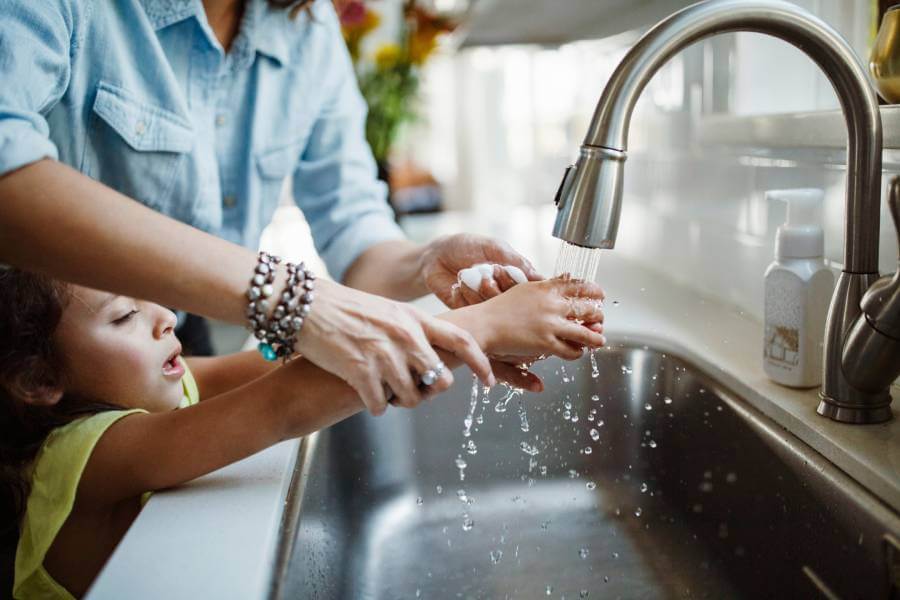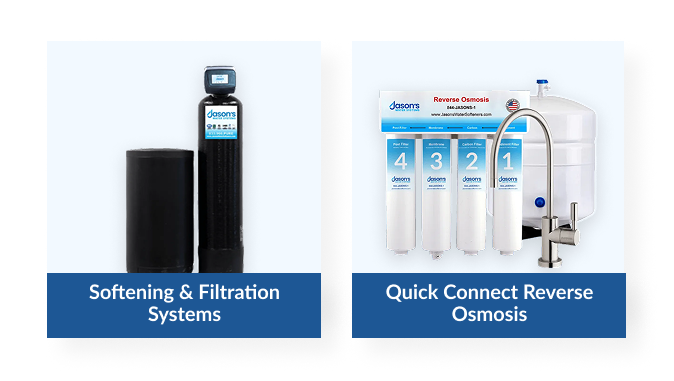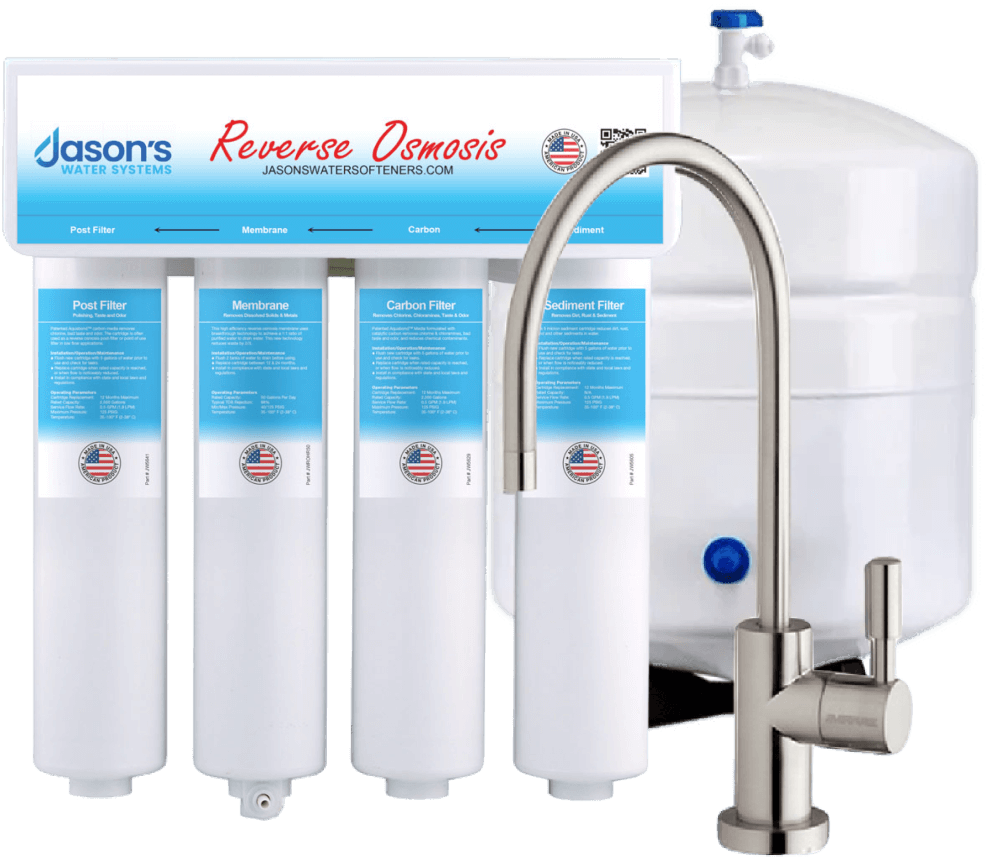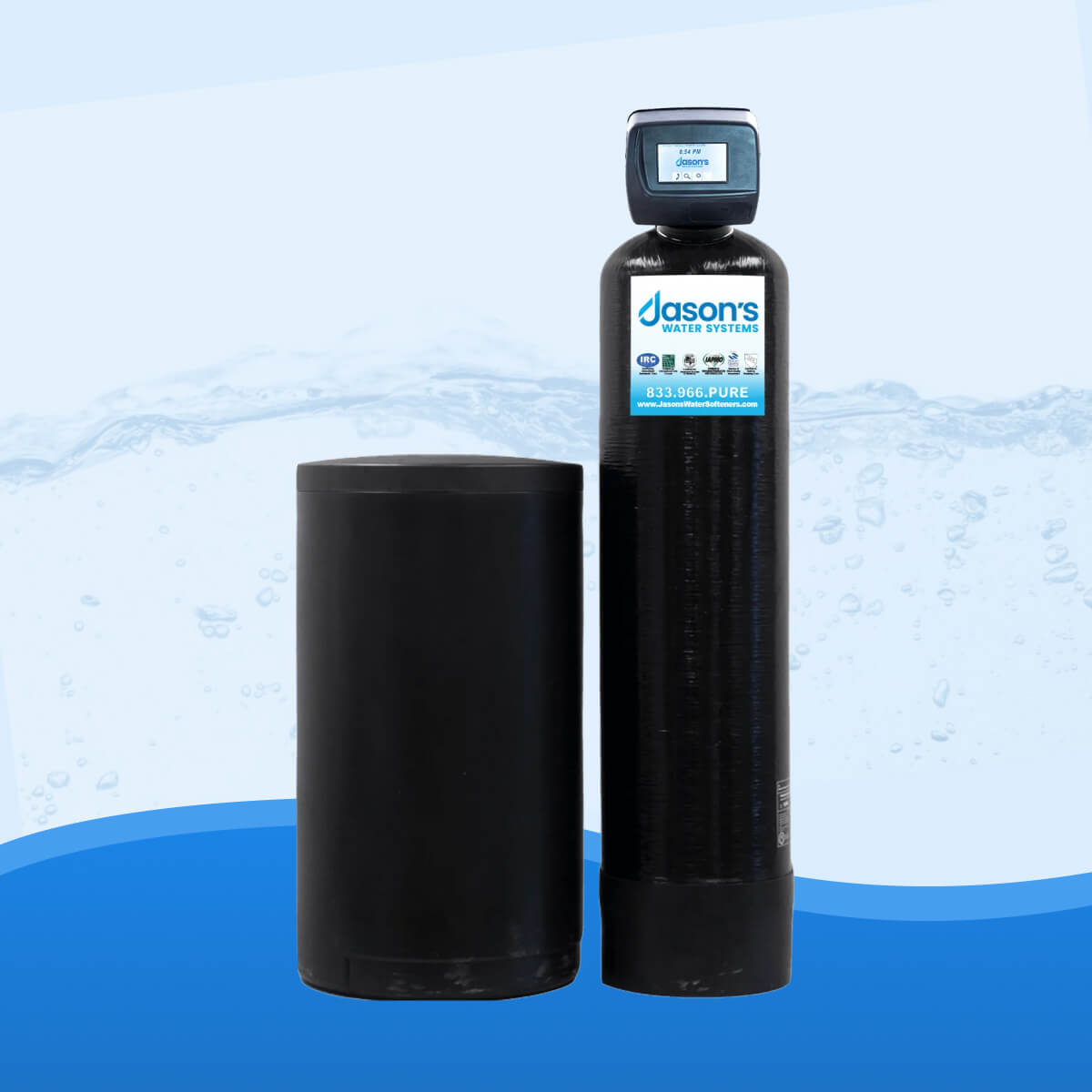
How to Choose the Right Water Softener for Your Home
Choosing the right water softener for your home is essential for protecting your plumbing, extending the life of appliances, and improving daily comfort. Hard water can cause buildup in pipes, reduce the efficiency of water heaters, and leave skin feeling dry and itchy. With the right water softening system, you can eliminate these problems and enjoy cleaner water throughout your home.
Understand What a Water Softener Does
A water softener removes excess minerals such as calcium and magnesium that cause hard water. These minerals are exchanged with sodium or potassium ions to soften the water. The result is improved water quality that protects appliances, prevents scale buildup, and provides a better lather when bathing or washing dishes.
Identify the Signs You Need a Water Softener
If you are unsure whether you need a water softener for your home, look for these common signs:
- Soap scum or residue on sinks, tubs, or shower doors
- Itchy skin and dry hair after bathing
- Dishes that look spotty or cloudy after washing
- White or chalky buildup around faucets and fixtures
These issues are strong indicators that hard water is affecting your home.
Consider Your Household Size, Water Usage, and Plumbing Requirements
Choosing the right water softener starts with understanding how much water your home uses and how quickly it needs to be softened. On average, each person in a household uses about 75 gallons of water per day. That means a family of four could easily use 300 gallons daily. But it’s not just about how much water you use, it’s also about how fast your home demands it.
Plumbing code flow rate requirements ensure that your water softener can keep up with your home’s peak water usage.
For example:
- A 2-bathroom home should have a flow rate capacity of at least 16.8 gallons per minute (GPM)
- A 3-bathroom home needs at least 18.5 GPM
- A 4-bathroom home requires 21.1 GPM
If your water softener can’t meet these flow rates, you may experience drops in water pressure or unsoftened water getting into your plumbing system during peak usage.
In addition to flow rate, look for systems tested under NSF/ANSI Standard 44, which certifies that a softener can effectively remove hardness minerals (like calcium and magnesium) at a specific flow rate. This ensures your system is capable of keeping up with your household’s demand while still performing efficiently.
If your water softener also includes a carbon filtration component, you’ll want to check its NSF/ANSI Standard 42 rating. This tells you how many total gallons of water the filtration media can treat before it needs to be replaced, helping you plan for maintenance and ensure consistent water quality.
By matching your household size and bathroom count with the right flow rate and NSF-certified performance, you’ll get a water softener that not only removes hard minerals effectively but also keeps your water pressure strong and your system running smoothly.
Compare Types of Water Softeners

There are several types of water softeners to choose from, each offering different benefits depending on your water quality and household needs.
Salt-Based Ion Exchange Softeners
These are the most common systems and the most effective at removing hardness minerals like calcium and magnesium. They use a brine tank to flush the system and regenerate the resin beads that capture hardness. These systems are ideal for homes with hard to very hard water.
Salt-Free Conditioners
Rather than removing hardness minerals, salt-free systems use a physical process to prevent scale from forming. While they are often promoted as maintenance-free, they’re better suited for homes with moderate hardness levels and may not deliver the same results as salt-based systems.
Dual-Tank Systems
These systems are built for efficiency and continuous use. One tank remains active while the other regenerates, ensuring your home always has softened water available. Dual-tank systems are ideal for large households or those with high water demands.
Jason’s Whole Home Softening and Filtration System
For homeowners seeking the best of both softening and filtration, Jason’s Whole House Softening & Filtration Systems offer a comprehensive solution. This advanced system combines high-capacity water softening with robust filtration to treat both hardness minerals and common contaminants, all in one unit.
It’s designed to meet plumbing code flow rate requirements, deliver long-lasting NSF-certified filtration, and protect your home from the effects of hard water, chlorine, sediment, and more. With a single professionally installed system, you get softened water, cleaner water, and peace of mind, backed by Jason’s trusted name and expert support.
Whether you’re dealing with scale buildup, foul odors, or water that just doesn’t taste right, Jason’s whole-house system delivers a noticeable upgrade in water quality for every tap in your house.
Evaluate Key Features
Not all water softeners are created equal. Consider the following features when making your decision:
- Regeneration method: Choose between time-based systems and demand-initiated systems that regenerate based on actual water usage
- Salt efficiency: Look for models that use less salt and water during the regeneration cycle
- Additional filtration: Some units include filters for iron, chlorine, or sediment
- Smart technology: Modern systems offer Wi-Fi connectivity and mobile monitoring to track water usage and system status
Consider Installation and Maintenance
While some homeowners choose to install their water softener themselves, professional installation is often recommended for optimal performance. Maintenance includes adding salt and occasionally cleaning the brine tank. Choosing a system with low maintenance requirements can save time and effort over the years.
Check for Certifications and Water Quality Testing
Always choose a system that has been tested and certified by reputable organizations like NSF or WQA. Before purchasing, have your water tested to determine the exact hardness level and any other issues, such as iron or sulfur, that may require additional treatment.
Set a Budget and Consider Long-Term Savings
While some water softeners may seem expensive upfront, they can result in long-term savings by extending the life of your appliances and reducing energy bills. Factor in the cost of salt, maintenance, and possible repairs when evaluating your budget. Some providers offer financing plans or rebates to make the investment more manageable.
Choose a Trusted Local Provider
Working with a reputable company like Jason’s Water Systems ensures that you receive expert guidance, high-quality products, and reliable installation. Our team is here to help you find the right water softener for your home based on your unique needs, water usage, and budget.
Get the Perfect Water Softener for Your Home Today!
Choosing the right water softener for your home does not have to be overwhelming. By understanding your household’s needs, comparing systems, and working with experienced professionals, you can enjoy the benefits of soft water for years to come. Our whole-house softening and filtration systems in San Antonio, TX, are a popular choice for homeowners looking to improve the water quality throughout their homes.
If you are ready to explore water softener options, contact Jason’s Water Systems to schedule a free consultation and water test today.










